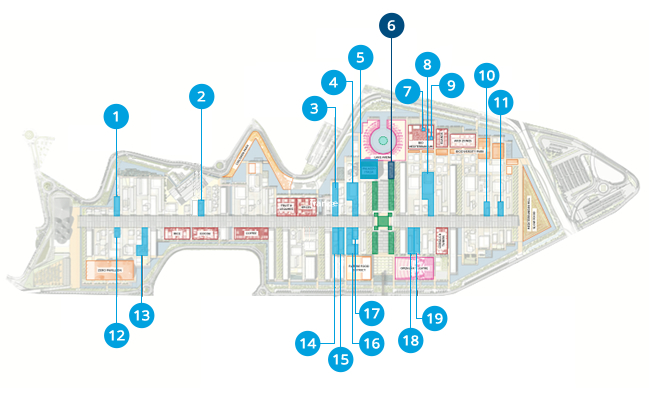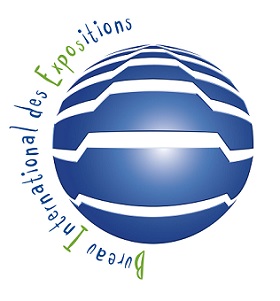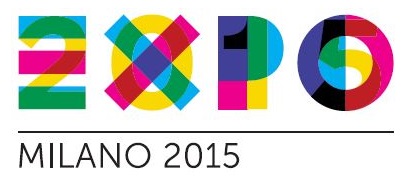Expo Milano 2015 will be the first World Expo to take place in Europe in 15 years and its theme, "Feeding the Planet, Energy for Life", is of vital importance for Europe and the world. As a global player in the debate on food and sustainability, the European Union (EU) should seek to reinforce its position, highlight its achievements and, most importantly, take this opportunity to work towards finding common solutions to these issues with other international organisations, countries and private stakeholders. The EU leads the way in terms of promoting quality food and ensuring food security and safety and environmental sustainability.
Indeed, with over 800 million people facing hunger in less economically developed countries and high and increasing levels of obesity and non-communicable diseases in developed countries, now is the moment to act. Ill-informed food choices, dwindling natural resources, climate change and threats to the world’s biodiversity are all issues that need to be tackled urgently. Expo Milano 2015 will focus the World’s attention on addressing these challenges and provide a platform to deliberate on these pressing issues.
147 countries and international organisations will participate, including 19 EU Member States.

The timing of the Expo, which coincides with the target year of the United Nation’s Millennium Development Goals (MDG) and the launch of the Sustainable Development Goals, makes it crucial that the EU contributes in a substantive way to these negotiations. It will represent an important milestone for the global debate on food and sustainability.
In this spirit, 2015 will also be the European Year of Development. This year provides an opportunity to engage with EU citizens and showcase the EU strong commitment to eradicating poverty worldwide and to show how every euro of support helps to make a difference in the lives of so many, in some of the world’s poorest countries.
2015 will also be the midpoint of the implementation of the EU’s Europe 2020 strategy for growth and jobs. In a changing world, we want the EU to become a smart, sustainable and inclusive economy: an economy which delivers high levels of employment, productivity and social cohesion. We intend to seize the opportunity of Expo 2015 to further promote understanding of EU policies and increase cooperation with our partners both in Europe and around the world, especially in the area of research and innovation.
The Joint Research Centre (JRC), which is the European Commission’s in-house science service, has been tasked with coordinating the EU’s input to the Expo. The JRC has scientists on hand to carry out research and provide timely, independent scientific advice that informs EU Policy making. The theme of Expo Milano 2015 cuts across many policy areas of the EU and the role of science will be crucial if we are to find new ways of increasing production levels in a sustainable way.
Here are some examples of the EU activities in other policy areas that are very relevant for the theme of Milano Expo 2015:
- EU’s Common Agricultural Policy (CAP), helping farmers not just to produce food, but also to protect the environment, improve animal welfare and sustain viable rural communities;
- Enhancing and promoting food safety, good food quality and healthy standards in the field of nutrition – both in terms of education and policy development – as precondition to guarantee the safety of its citizens and consumers;
- Boosting environmental sustainability, intrinsically linked with food production, being active in the sector of sustainable energy and production of energy;
- Providing aid worldwide: the EU is the largest development aid donor worldwide and, together with its Member States, provides about half of the total assistance worldwide.
While the Expo will undoubtedly be an occasion for international collaboration on global food topics, it will also, with its 20 million expected visitors on site and millions of online visitors, be a platform to reach out to European and international citizens, thereby promoting a positive understanding of EU policies and paving the way to a more interactive approach to policy development.


